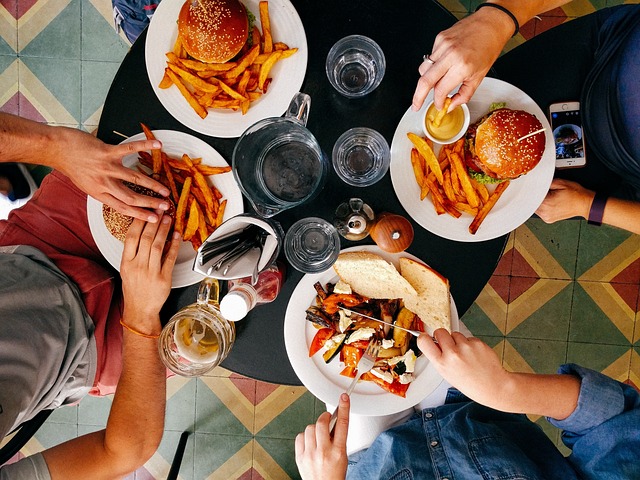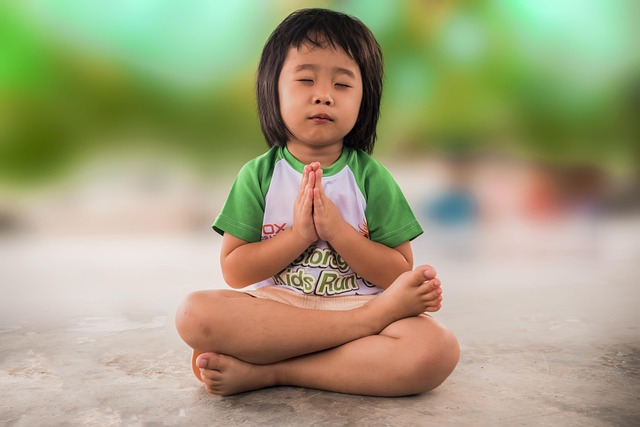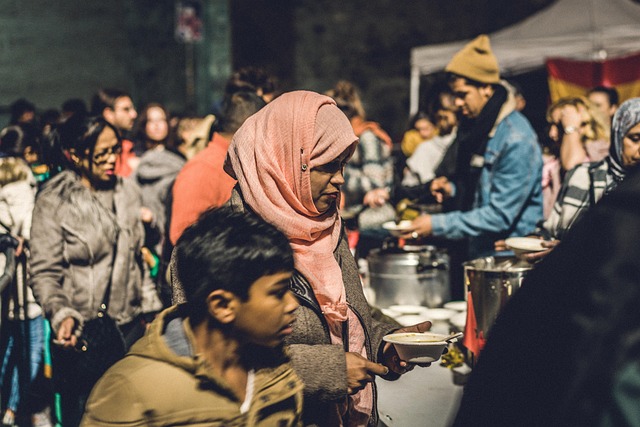In today’s fast-paced world, it’s easy to overlook the importance of coming together as a community, especially when it comes to sharing in meaningful experiences. One powerful way to foster unity and strengthen bonds within our neighborhoods is through shared meals, particularly those that celebrate our diverse religious traditions. These communal gatherings not only fill our bellies but also nourish our souls, allowing us to connect on a deeper level.
Shared meals hold significant cultural and religious value across various faiths. They often represent a time of reflection, gratitude, and unity amongst families and communities. From potluck dinners during the Christian holidays to the iftar meals that break the fast during Ramadan, these events serve as opportunities for individuals to step beyond their own rituals and embrace the richness of one another’s traditions.
Imagine a local community center filled with the aromatic scents of various dishes, each representing a different culture and religious background. As friends and neighbors gather around tables laden with food, stories, laughter, and personal anecdotes interweave, creating a vibrant tapestry of shared experiences. This environment helps dissolve barriers that may have existed, leading to greater understanding and respect among community members.
Not only do shared meals strengthen our community ties, but they also provide a platform for education and dialogue. They allow for an exchange where individuals can learn about the significance of certain dishes, customs, and practices. Encouraging these conversations can foster greater empathy and break down stereotypes that often exist between different religious groups. For example, a family may share the significance of matzo ball soup during Passover, while another shares the stories and rituals behind their Eid feasts.
Moreover, shared meals create a sense of belonging. For someone who may feel isolated or disconnected from their community, being invited to a meal can be a warm reminder that they are part of something larger. It reassures individuals that their beliefs and backgrounds are valued and that their presence contributes to a more harmonious pluralistic society. When we break bread together, we remind each other of our shared humanity rather than the differences that often separate us.
In planning these meals, community organizers can focus on inclusivity. By offering a diverse array of dishes that represent various faiths, attendees can walk away with a more profound respect for one another. In this way, we not only celebrate food but also the belief systems that shape our values and communities. It’s essential to respect dietary restrictions and preferences associated with different religions, ensuring that everyone feels welcome and able to partake in the communal experience.
The act of cooking and sharing meals can also serve as a therapeutic exercise. Many religious traditions emphasize hospitality as a core value. When people come together to prepare food, whether it’s in a communal kitchen or one another’s homes, it fosters collaboration and creativity. The process itself becomes an act of service and love, as participants contribute their time, skills, and resources to create something meaningful for the entire group.
In conclusion, building unity through shared meals is not merely about satisfying our physical needs; it’s a way to cultivate relationships and promote understanding across diverse backgrounds and beliefs. As we embrace our differences through culinary traditions and the enjoyment of food, we ultimately contribute to creating a more united and harmonious community, one meal at a time.




